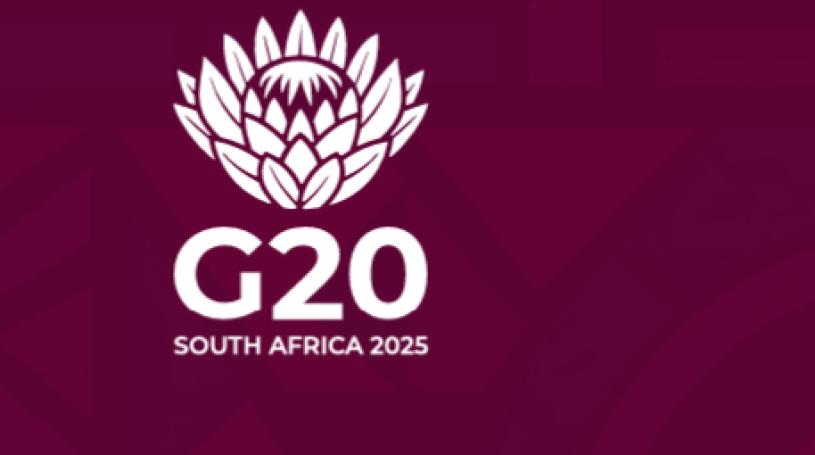G20 to tackle ‘Inequality Emergency’?
The first ever G20 meeting on African soil, which started this week, is likely to put the spotlight on global inequality, with South Africa well placed to lead the conversation as the world’s most unequal society.
President Cyril Ramaphosa has made Global Inequality a defining feature of South Africa’s Presidency of the G20. The main G20 event, the G20 Leaders’ Summit, takes place this weekend on November 22, with Global Inequality already a key part of the G20 narrative due to the release earlier this month of a landmark inequality report by a panel of international experts.
Among key report recommendations is a call for an international and independent panel to provide global inequality oversight and insight. The report also provides a snapshot of current levels of inequality worldwide and emphasises that governments have power to reverse current negative inequality trends.
“Inequality is not a given; combating it is necessary and possible,” the authors say in their summary report. “Inequality results from policy choices that reflect ethical attitudes and morals, as well as economic trade-offs. It is not just a matter of concern for individual countries, but a global concern that should be on the international agenda – and therefore the G20’s.”
The report lists several key facts:
-- Nationally, 83% of countries have high income inequality (using the World Bank definition of ‘high inequality’ as a Gini coefficient above 0.4). These countries account for 90% of the world’s population
-- Globally, income inequality between all individuals in the world has fallen since 2000, due largely to economic development in China. However, it remains very high, at a Gini coefficient of 0.61
-- Wealth inequality is far higher than income inequality. Globally between 2000 and 2024, the richest 1% captured 41% of all new wealth, in contrast to just 1% being captured by the bottom half of humanity
-- The richest 1% have seen their average wealth increase by US$1.3m since 2000, while someone in the poorest half of humanity saw their wealth increase by an average of US$585 over the same period (in constant 2024 USD)
-- One in four people globally (2.3 billion) face moderate or severe food insecurity, i.e., having to regularly skip meals, which is up by 335 million since 2019.
The G20, or the Group of Twenty, is considered the premier international forum focused on shaping global economics and governance. It is made up of 19 countries, the European Union, and the African Union.
The Global Inequality report makes several specific policy recommendations. These include:
-- reform of institutions that inhibit the investment potential and trade capabilities of developing countries
-- reform of international financial institutions, recognising the global public debt challenge and limited access to affordable long-term finance
-- introduce measures to enhance international cooperation on taxation and combating illicit financial flows
-- Improve mechanisms for global technology transfer, ensuring food security and access to digital infrastructure
Andrew Donaldson, research associate of UCT’s Southern Africa Labour and Development Research Unit, identified municipal services, investment in housing, and expansion of work opportunities as central South African elements of poverty reduction.

